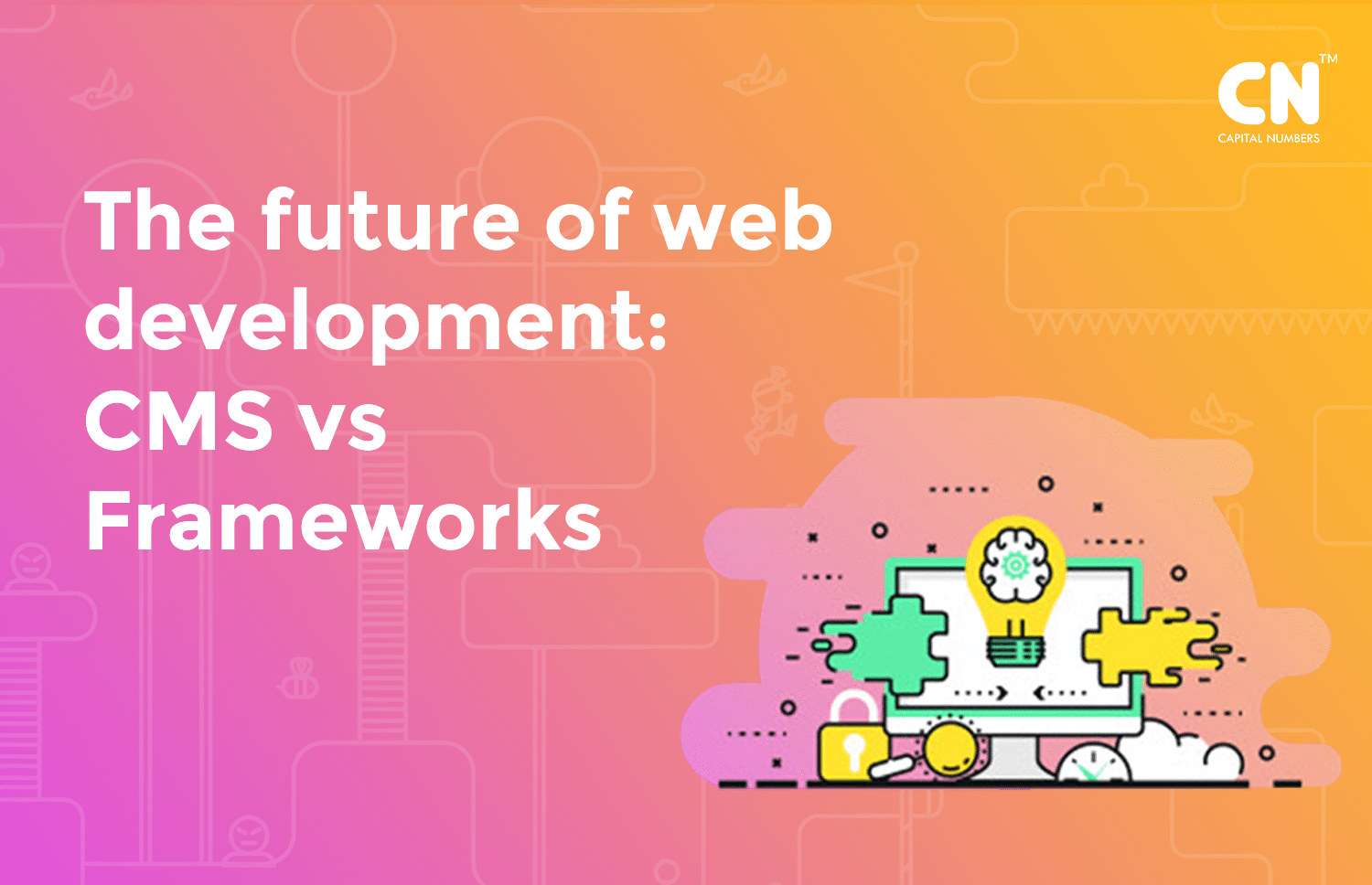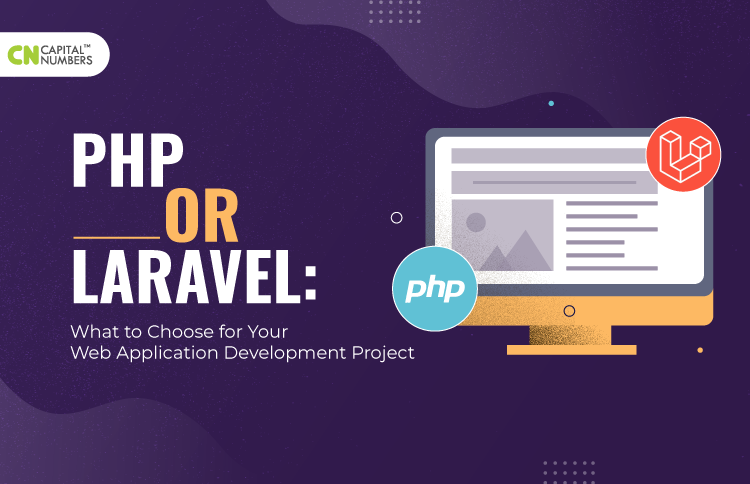The Future of Web Development: CMS vs Framework
Table of Contents
Web Development is a very interesting concept which involves building a website from scratch. A number of concepts and plugins can be used for creating engaging websites that enables a viewer to interact with it. To develop a website, there are certain codes to carry out default functions on the webpage. A developer would often be confronted with the choice of opting for a framework or utilizing CMS. Both are different in their own ways. A coder or web developer uses codes to build the webpage. Content Management Framework shares aspects of a web application framework and a CMS. It is a better and faster alternative in comparison to a framework. There is much to debate when it comes to choosing either. The choice depends on the comfortability provided and both frameworks and CMS are good in their way. They use the same base which includes NET, Python, and PHP.
What can you choose for your website?
Certain factors have to be kept in mind while choosing between a framework and CMS. A client would want the job to be done at the earliest. Hence, time would be a crucial factor in taking the decision. In addition to this, the choice would also depend on which utilities the client would want on the website and how easily all of it could be used. For the client, the tools used would not matter as much as the outcome.
Hence, if you wish to opt for CMS, it would be a good choice since it does not require any knowledge about coding. CMS’ are of different kinds and provide different utilities, as well as looks and feels. A framework, on the other hand, would require a coding structure that would act as the ‘business’ code, upon which the entire structure of the website would be built on. Rather than focusing on its and bits, you would be focusing on the general structure and change and correct the codes accordingly. This would have you develop the website from scratch and introduce utilities as per the requirement. Coders would benefit greatly from this as it enables the use of creativity. While CMS’ could provide inbuilt structures that vary according to the types, frameworks provide the scope for novelty with the usage of different codes. It is the job of a developer to see what the client needs and utilize either of the methods accordingly, to get the job done.
If you wish to spend minimal time on a website, with the usual designs, SEO, and comments, WordPress.com would be the ideal CMS to use. WordPress provides themes and plugins to choose from. The variety enables you to make the exact choice according to your requirements. Choose the plugins you want on the website and arrange it according to the style that suits you. The instructions are mentioned on the website and they are not too hard to follow. Drupal will also be a good alternative if you wish to work with a CMS. If you would rather use a framework, Codeigniter would be a good option. Frameworks let you create simple as well as heavily complex web pages, especially when your client wants custom tweaks on the webpage. You can work with the client constantly and make the necessary introductions or changes as per the requirement.
Criteria for choosing a framework
As new frameworks are coming out, it is hard to choose which framework would suit you best. There are a lot of factors that would be essential for you to make the final choice. Frameworks can be time-consuming and hence you would want to go with something that is authentic and verified. The following factors have to be kept in mind,
● Context – Before picking a framework, you need to clarify your requirements. If you need a standard URL or are pressed for time, a framework would not be ideal for you. However, if the need of the hour requires CRUD operations and your client has given you a stipulated period to work on the website, a framework can bring a lot of ease to your project.
● License – A license verifies the framework and offers one the flexibility to distribute it. Most frameworks provide a liberal usage for web development. You would not want to complete your webpage and find out that it cannot be distributed worldwide. That would make your efforts go in vain. Hence, it is crucial to check the license associated with a framework before you proceed to work with it.
● Software Pattern – Most frameworks come with Model View Controller (MVC) pattern that segregates the controls from the UI, the model, and the logic. It helps you write and code better, which results in a better outcome. Some frameworks also come with MVA (Model View Adapter), MVP (Model View Presenter) and AVC (Application View Controller) variants.
● Hosting Preferences – The need to choose a particular framework depends on the time and money offered by the client. A dedicated host requires a fine price which may not always be in the client’s budgets. Most frameworks like CodeIgniter, CakePHP, Zend and other PHP networks offer shared hosting.
● Ease of Installation – No matter which framework you choose, it should be easy to install or else your work would be delayed. A framework with or without features will not make sense if it has to go through various steps or complications during the installation process. A framework that comes with a prompt installation feature would be the ideal choice.
● Core Library – For most developers, the core library plays the crucial role in deciding the ideal framework. A developer needs a framework that does not repeat codes and also has space for tweaks in between, whenever required.
CMS solutions are brilliant for blogs, news sites, and corporate or informational websites. Frameworks can offer a higher level of customization and are suited to build a complex and heavy web application.


 Web Development
Web Development Cloud Engineering
Cloud Engineering Mobile App Development
Mobile App Development AI/ML/GenAI
AI/ML/GenAI E-commerce
E-commerce Software Development
Software Development UI/UX
UI/UX QA
QA Dedicated Teams
Dedicated Teams











